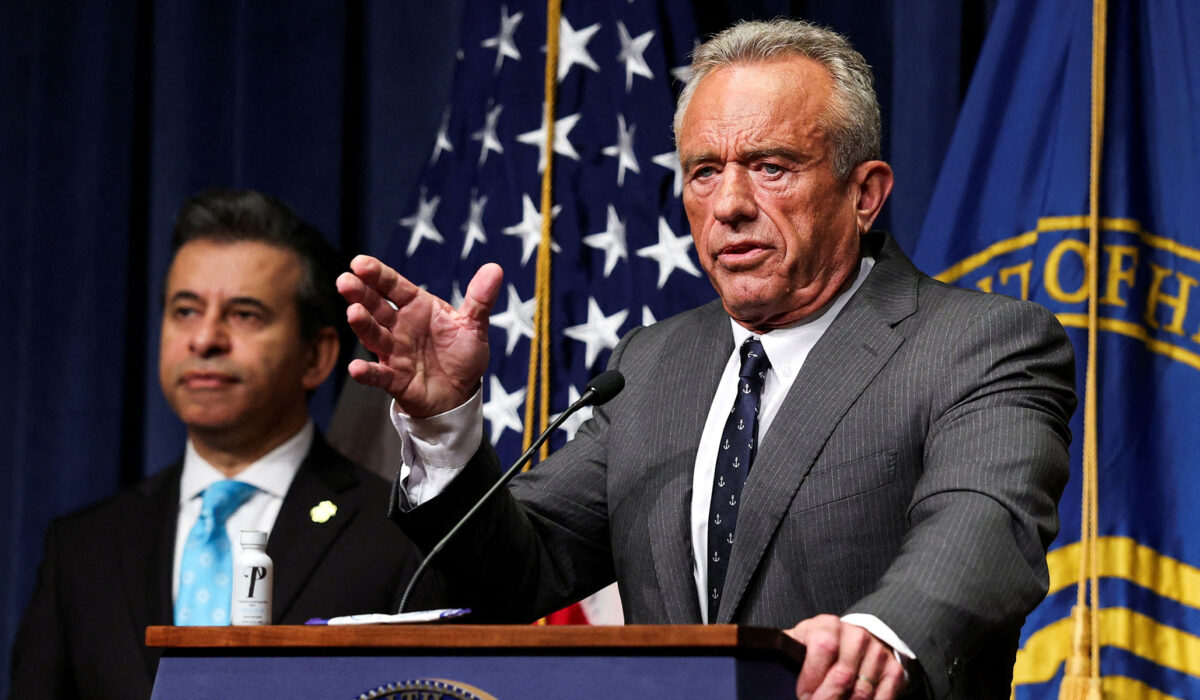If the CDC Suggested a Vaccine and Autism Link: Risks and Real-World Consequences
Imagine an official CDC page hinting at a connection between vaccines and autism; the ripple effects would be immediate and wide. Official language from a central public health agency carries weight few other sources can match. That kind of signal changes how people make health choices for themselves and their families.
The scientific consensus does not support a causal link between vaccines and autism, and official guidance that contradicts that consensus would create confusion. Caregivers rely on clear, evidence-based recommendations to protect children from preventable diseases. When a trusted source appears to waver, hesitation grows and decisions become shaped by fear instead of data.
One of the most direct consequences would be a decline in vaccination rates among infants and children. Lower coverage opens the door to outbreaks of diseases once kept in check. Those outbreaks do not spread evenly; they hit the most vulnerable people hardest.
Community immunity depends on high participation, and localized drops can cascade across regions. Outbreaks lead to hospitalizations and, in extreme cases, preventable deaths. The strain on health systems and public health workers would increase at a time when they can least afford it.
Changes in official messaging also alter public perception of scientific institutions and expertise. Trust is a fragile thing and hard to rebuild once fractured. When a central agency appears unreliable, people turn to alternative sources that are often less rigorous and more sensational.
Misinformation thrives in that gap, growing faster than corrective efforts can keep up. Social platforms amplify alarming claims, and competing narratives make it harder for accurate information to reach people who need it. That amplification can outlast the original change, creating long-term effects on public knowledge.
Policy and legal responses would follow public reaction, potentially reshaping school vaccination laws and employer requirements. Policymakers respond to public sentiment as much as to evidence, and a shift in perception can translate into legislation. Those changes might reduce protections that previously kept communities safer.
Clinicians would face increased pressure and more difficult conversations in exam rooms. Doctors and nurses would have to spend more time addressing fears instead of focusing on preventive care. That wears down providers and complicates routine visits that once ran smoothly.
Economically, outbreaks and lower workforce participation due to illness would have measurable costs. Sick children and adults mean missed work, lost productivity, and higher medical bills. Those burdens disproportionately affect lower-income families and contribute to broader inequality.
Internationally, altered guidance from a prominent U.S. agency would reverberate overseas. Other countries watch major public health bodies and sometimes mirror their approaches. Global vaccination efforts could be undermined, slowing progress against diseases that know no borders.
Reversing damage to public trust is neither quick nor cheap; it requires sustained, transparent communication and consistent evidence-based policy. Even after correcting an error, lingering doubts can persist for years. Restoring confidence demands patience and predictable messaging.
Officials who shape public health content carry a heavy responsibility because words translate into actions. Accurate, clear, and consistent communication matters as much as the underlying science. The consequences of suggesting a vaccine-autism link would be felt in clinics, classrooms, economies, and in the quiet decisions families make every day.

